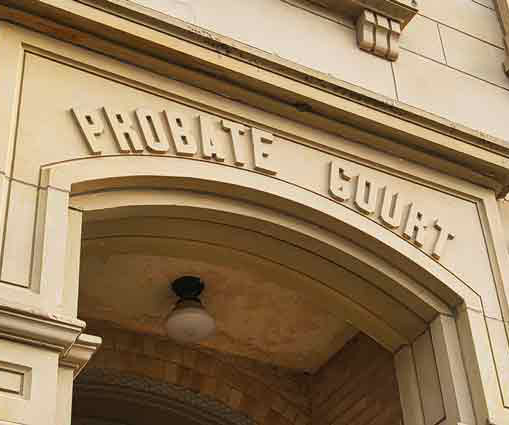Your Unrestricted Funds Need Stewardship, Too
Blackbaud
APRIL 8, 2024
Many don’t cover operating costs or have a small allotment for indirect costs such as salaries, insurance, and utilities. A lot of individual donations, like ones that come through your organization’s website or through the Annual Fund, are often unrestricted. They don’t come with any direction or reporting requirements.
























Let's personalize your content